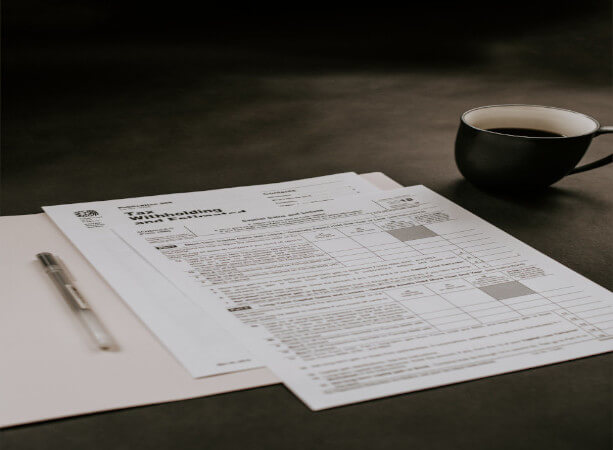Day: November 20, 2021
IOLTA 101: Tips for Solo and Small Firm Lawyers
The Interest on Lawyers’ Trust Account, commonly called IOLTA, is one of the most valuable tools for expanding legal representation to appear in recent decades. Unlike traditional attorney trust accounts, IOLTA programs, available in all 50 states, the District of Columbia and Puerto Rico, allow lawyers to hold client retainers, settlements and other money in interest-bearing accounts. The interest collected statewide funds legal assistance programs for low-income people and traditionally underserved populations. The community and social benefits of IOLTA programs range from financial assistance for legal fees to clinics, classes and workshops. But IOLTA management can present a major challenge for lawyers, particularly those in solo practice or small firms. IOLTA regulations vary from state to state but tend to be complex and time-consuming. Moreover, the penalties for mismanagement can be severe, including disbarment. While large law firms have advantages of scale, including dedicated accounting and bookkeeping resources and robust technology solutions, solo attorneys often manage their own office finances. That creates a significant burden and has several drawbacks, especially regarding IOLTA management: Most attorneys don’t have accounting or financial management training or experience.Spending time on bookkeeping means less time for helping clients.Spending time on bookkeeping reduces billable hours. For lawyers working long hours without proper training in financial management, an oversight or accounting error can quickly develop into a major transgression. Common Mistakes Lawyers Make in IOLTA Management Commingling client funds with the firm’s operation account, failure to maintain three-way reconciliation and poor record-keeping, in general, are the most common mistakes lawyers make. Avoiding these common errors requires time and attention — precious commodities in a lawyer’s life. Lawyers who fail to maintain proper accounting for IOLTA can face professional discipline, including censure, suspension or even disbarment. In fact, some lawyers, anxious over the complexity and risk, simply avoid
Read MoreFive Ways to Reduce Stress and Anxiety
According to the ABA Profile of the Legal Profession 2020, nearly 20% of lawyers suffer from anxiety. Lawyers struggle with anxiety at levels substantially higher than the general population and other highly educated professionals. It is important for law firms and firm leaders to “lead the way” for attorney well-being by creating a culture that does not increase our stress and anxiety to unhealthy levels. We as individual attorneys also have a responsibility to make our self-care a priority, especially if we suffer from anxiety. We need strategies that empower us to manage stress and anxiety effectively. What Is Anxiety, Exactly? Everyone experiences anxiety sometimes. It is a regular part of life. When we face problems at work, confrontational discussions with opposing counsel, or need to make a big life decision, we feel anxious. This is called situational anxiety. Anxiety disorders are not like this. They are not characterized by occasional or temporary worry or fear. Rather, a person with an anxiety disorder often suffers worsening anxiety over time that may not be directly related to things happening in the present. Symptoms of an anxiety disorder can interfere with daily activities, job performance and relationships. Whether you are experiencing situational anxiety or an anxiety disorder, there are strategies you can use to alleviate symptoms and feel better. Five Strategies Mental Health Experts Recommend to Reduce Anxiety 1. Focus your attention. We can get carried away by our anxious thoughts. To reduce anxiety, it helps to engage in activities that focus your attention on other things. That’s why mindfulness practices are the perfect way to move the brain away from anxious thoughts. During meditation, for example, we focus on our breath, or on a mantra. This focus gives the brain a break from our anxious thoughts and reduces feelings of anxiety. Try these activities for focusing your attention
Read More






